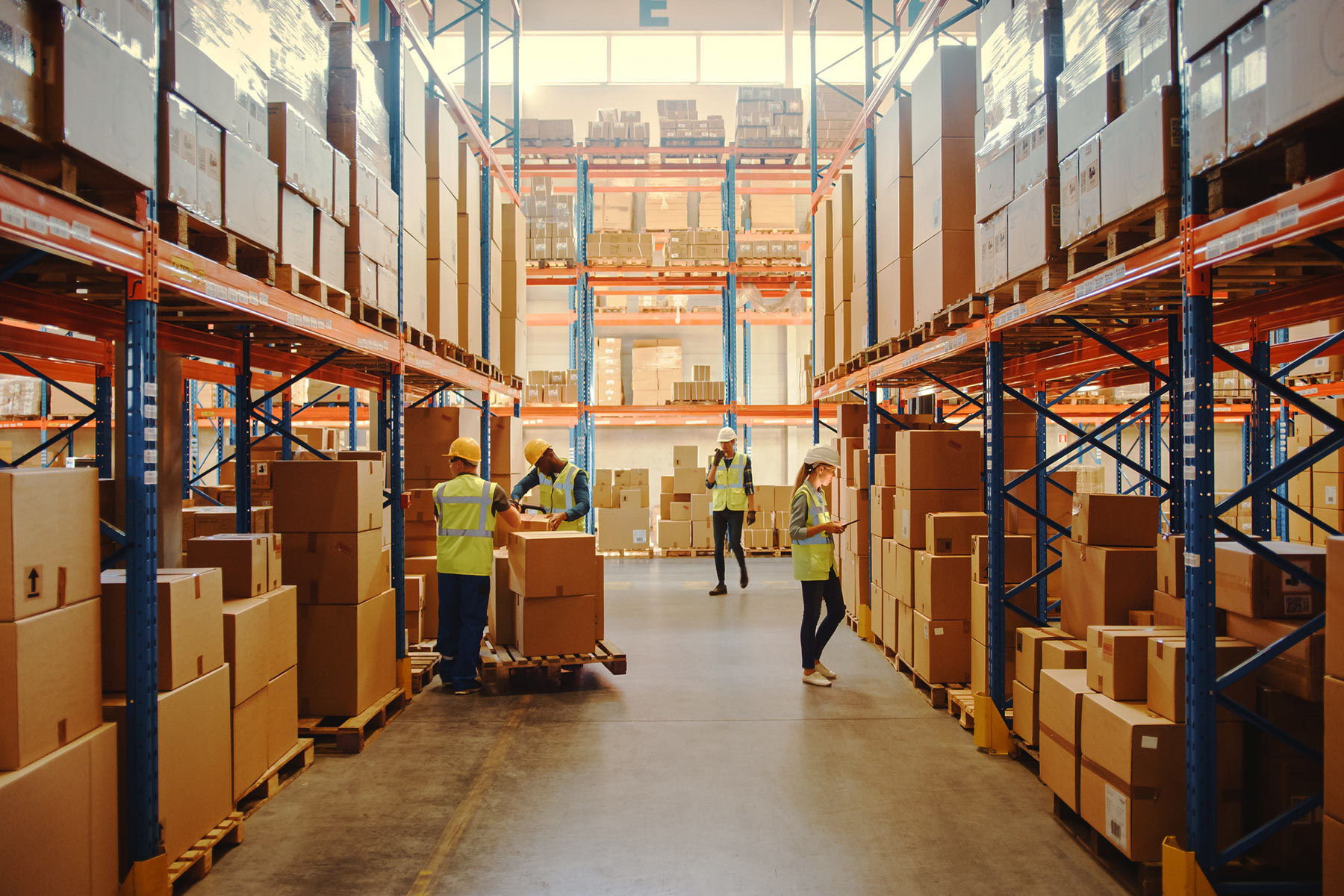Introduction
BSR worked with Inter IKEA, a global home furnishing brand, to design a social performance framework aligned with the EU Corporate Sustainability Reporting Directive (CSRD), international frameworks, and existing company best practices. The performance framework needed to enable measuring the progress of Inter IKEA’s social sustainability strategy, called Fair & Equal, including key performance indicators (KPIs) and strategic goals.
This project allowed Inter IKEA to bring its key internal stakeholders together in developing a shared understanding of the company’s social sustainability strategy and agreeing on the focus areas and a roadmap for next steps, to confirm its strategic social sustainability priorities, and to prepare for the new regulatory reporting requirements like the CSRD.
Background
The Inter IKEA Group, a BSR member company, is the group of companies that connects IKEA franchisees with range developers and suppliers and aligns the overall IKEA strategic direction. The group employs 219,000 people, operates in more than 60 countries, and works with 1,500 suppliers and partners.
IKEA’s sustainability strategy, People & Planet Positive, covers the entire IKEA value chain and franchise system, including sourcing and extracting raw materials, manufacturing, transporting products, retail activities in stores, customer travel to stores, product use in customers’ homes, and product end-of-life. The Fair & Equal agenda, one of the three focus areas of Inter IKEA’s sustainability strategy, reflects the Group’s commitment to ensuring human rights are always respected and understanding the impact its business has on people and communities where it operates.
The Challenge
Stakeholder expectations, company values, and new regulations like CSRD and CSDDD prompted Inter IKEA to disclose information on its social performance and the progress of Fair & Equal, its social sustainability strategy. To do this, Inter IKEA sought to develop a social performance framework with strategic goals and key performance indicators.
The complexity of the scope of Inter IKEA's business, which includes various entities operating under the IKEA brand, posed challenges in developing clear measurements and an implementation framework to guide functions in achieving their commitments. Additionally, Inter IKEA faced the challenge of linking the strategy’s overall goals with tangible and measurable daily tasks, leading to a lack of internal alignment on understanding the impact of the social strategy.
This situation presented an opportunity to strengthen stakeholder trust and preparedness for upcoming regulations by developing internal guidance and alignment on reporting metrics for Inter IKEA’s external sustainability reporting. Moreover, the project offered the chance to enhance Inter IKEA’s capacity to deliver on its vision, support a greater and deeper impact of Inter IKEA’s sustainability efforts within Fair & Equal, and make it easy for its value chain actors to undertake similar efforts.
After working with BSR on several other projects, Inter IKEA reached out to BSR for this challenge.
“IKEA’s work affects millions of people around the world. With this reach comes the responsibility to respect human rights and understand the impact our business has on both the people and communities where we operate. That’s why it is important to collaborate with like-minded partners with good skills and experience to support us on our journey to define performance and goal-setting. BSR has supported us and contributed both theoretical and pragmatic perspectives.”
-Lars-Erik Fridolfsson, Head of Fair & Equal, IKEA
BSR’s Response
In co-designing a social performance framework with Inter IKEA’s team, BSR:
- Conducted a benchmark assessment of approaches to social performance measurement
- Conducted interviews to understand current social performance at Inter IKEA and the INGKA Group (Inter IKEA’s biggest franchisee)
- Facilitated two alignment and co-creation workshops with internal stakeholders to achieve a shared understanding of the strategic areas and the envisioned structure
- Developed 200+ KPIs, in alignment with CSRD, international guidance, and best peer practice, for the six levels of Inter IKEA’s value chain under Fair & Equal’s nine strategic areas. These included staff, suppliers, franchisees, customers, communities, and society.
- Developed a high-level roadmap to guide the implementation of the framework, including recommendations on prioritization of strategic areas, based on current maturity and CSRD priorities
Impact
BSR helped Inter IKEA Group internal stakeholders arrive at a shared understanding of its social sustainability strategy for its value chain and agree on the focus areas, performance measurement framework, and a roadmap for the next steps.
"BSR gave an extensive and well-conducted overview of key external frameworks and standards that exist in the field of social impact. They also covered upcoming legislation and regulations that [we will need] to adapt to. [In] this work, they showed that they have a great knowledge… [of] sustainability topics related to human rights and social impact. We felt very secure [in using] this material for our organization's benchmark work and as a part of the foundation for the framework.
The design and outcome of the performance framework has fully met our expectations and will now be aligned [across] our different IKEA organizations and implemented throughout.
As always in large projects, focus changes and new possibilities occur. We found BSR very adaptive and responsive to the changing needs during the project.
BSR was also very performance focused and delivered according to the agreed timeframe for the different phases of the project."
-Lars-Erik Fridolfsson, Head of Fair & Equal, Inter IKEA Group
Conclusion
After agreeing on the baseline framework, IKEA continued the project by adapting the framework further within the organization and mapping where in the value chain it had indicators and metrics that could be used as a first-generation performance framework. It found five KPI areas to start working with, decided on performance indicators, and conducted an impact pathway analysis. This initial framework will now be implemented across the organization in a step-by-step approach.
Reporting does not need to be disconnected from operations and impacts. In fact, good reporting should aim for the opposite: focusing on activities that make a difference, testing the assumptions it builds on, adjusting over time based on successes and mistakes, and helping with effective decision-making. By identifying Social KPIs for policy, process, target, and impact, companies can better align their vision of impact with the impacts of their value chains, products, and services as experienced by the affected parties.
Get in Touch
For more information on setting social KPIs under the CSRD, contact BSR’s Sustainability Management team.
This case study was written by Renata Greenberg.
Let’s talk about how BSR can help you to transform your business and achieve your sustainability goals.








